A major political firestorm has ignited in Tanzania after President Samia Suluhu Hassan named her daughter and her son-in-law to powerful cabinet positions in a new administration shake-up.
The appointments have sparked fierce debate, with critics accusing the president of nepotism and consolidating power within her inner circle.President Samia has appointed her daughter, Wanu Hafidh Ameir, as Deputy Minister of Education, and her son-in-law, Mohamed Mchengerwa, as Minister of Health.
The pairing is striking — a married couple now serving at the highest levels of government. The move has triggered an emotional backlash across Tanzania. Opponents argue that the president is sidelining merit, and instead building a “family government.”
They warn that such concentrated power risks undermining democratic norms and setting a dangerous precedent.In response, some of President Samia’s allies dismiss the criticism as politically motivated, stating that her new cabinet choices are strategic and aligned with her vision for national development.
They argue that the appointments are aimed at strengthening cohesion and delivering on service delivery promises — especially in sectors like education and health, which are critical for the country’s long-term growth.Others, however, remain unconvinced.
Civil society actors are calling for clearer explanations: How were the two selected? Were they vetted independently? And how will these appointments affect accountability in a government already perceived by some as opaque?The controversy comes on the heels of a tense election season.
Critics allege that President Samia’s re-election, which saw overwhelming support, was marred by limited competition — a fact that opponents say makes her current reshuffle even more suspicious.
As Tanzania grapples with these accusations, political watchers are now closely watching how this drama will evolve: Will the protesters demand resignations? Will the government push back with reforms? And can this reshuffle truly deliver better performance, or will it deepen divisions?
The stakes could not be higher. For many ordinary Tanzanians, this is not just a cabinet story — it is a test of whether political power belongs to the people, or to a ruling family.

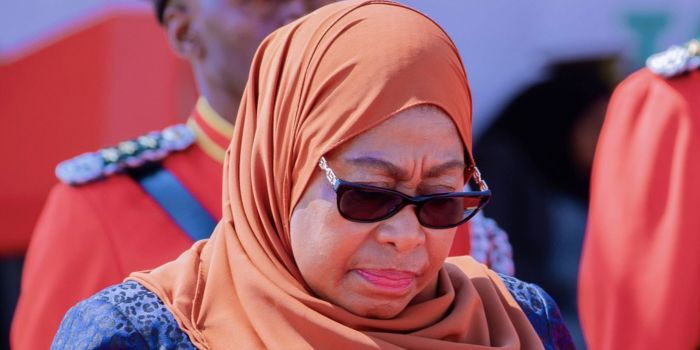
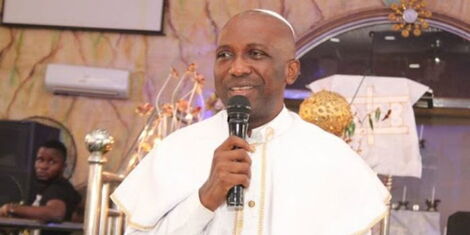
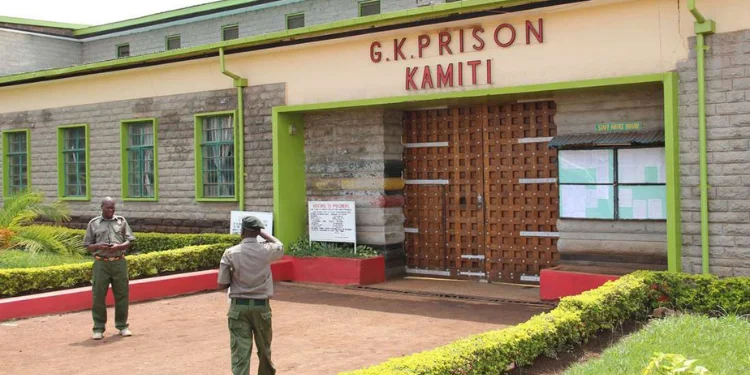



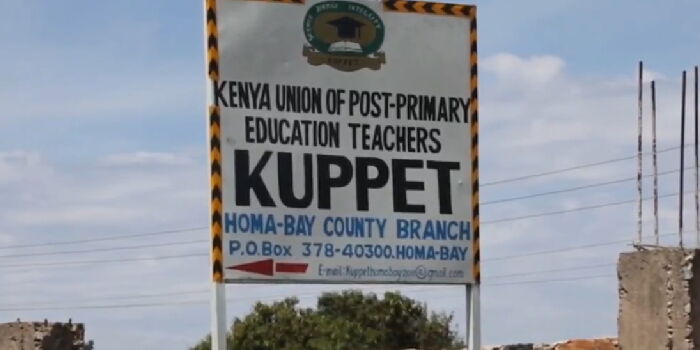



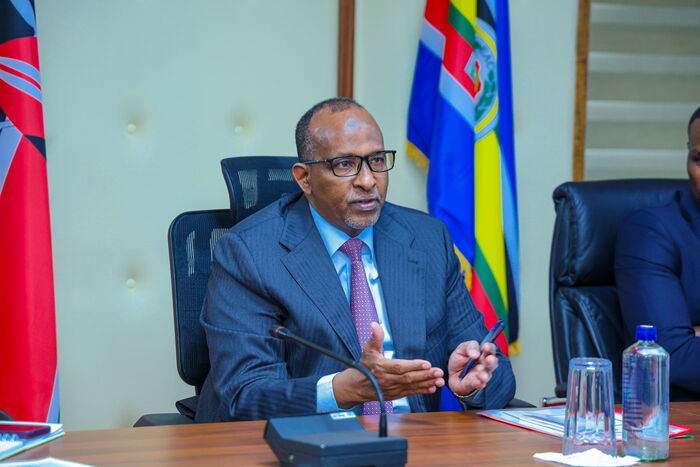

Leave a Reply